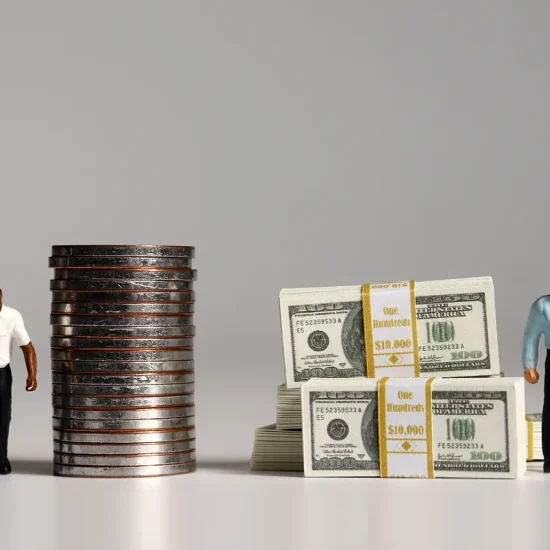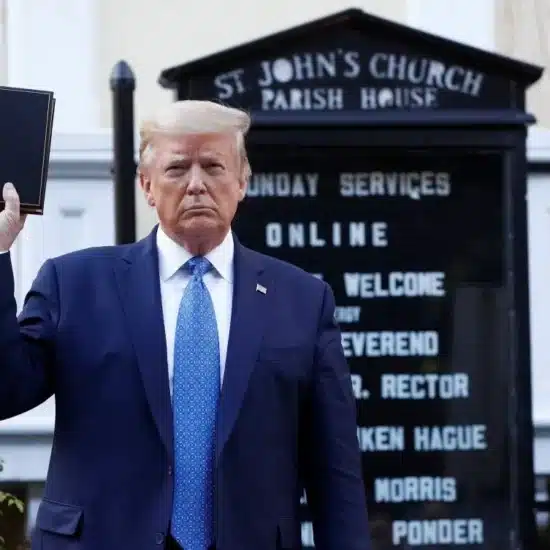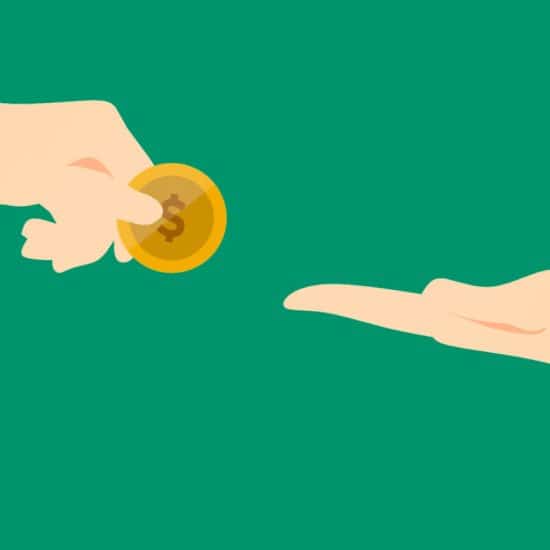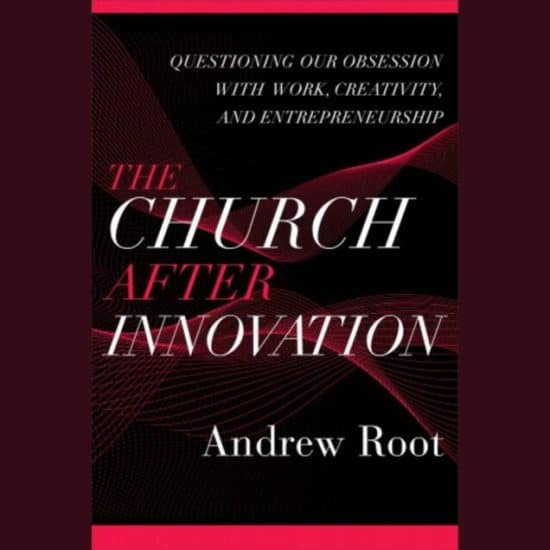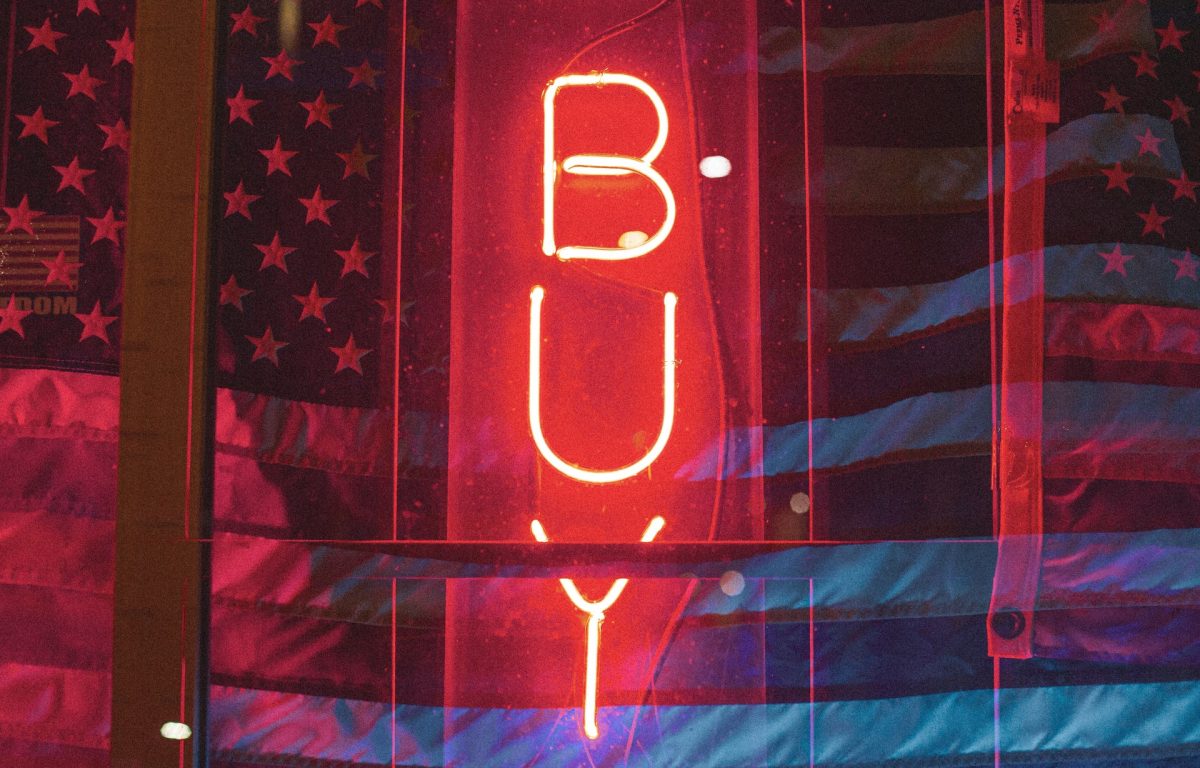
The church has failed to properly denounce greed. Mammon (money) is our national god and greed is our national liturgy. Advertisers have become our American clergy, and they are much better compensated than the long-suffering clergy in the Christian church. While the nation may be in an uproar over abortion, never doubt that money is what really counts. The economy, the stock market, the price of oil, our portfolios — these we worship.

Rodney Kennedy
Advertisers have stolen the language of Christianity in order to assure the smooth transition from Christianity to Mammon. The mixture of faith with an excessive capitalism has made us more capitalist and less Christian. The free-market god has conquered, and is a far greater danger than the United States becoming socialist.
The advertising clergy have turned greed into a virtue. In the churches of Christianity, rarely is there a sermon on greed. Preachers are more likely to proclaim versions of the prosperity gospel. Hardcore prosperity gospel has the preacher soliciting funds for an $80 million private jet while soft-core prosperity gospel has the minister running a stewardship campaign that suggests God’s blessing if congregants make a larger pledge. This seems strange in relation to the New Testament where greed is more of a threat to our ability to follow Christ than lust.
In the new church of America, the teachings of Jesus are ignored. No one takes seriously that Jesus once said, “You cannot serve God and wealth.” We, in our minds, have managed to do both very well. Jesus tells stories about the dangers of wealth that are terrifying, but not to hard-core wealth producers. Paul insists that the love of money is the root of evil. In Colossians, he claims that greed is idolatry. The book of James rips church members for thinking they can ignore God’s will in order to take care of business and make money. James (4:2) eviscerates the wealthy: “You want something and you do not have it; so you commit murder. And you covet something and cannot obtain it; so you engage in disputes and conflicts.”
In the new church of America, wealth and the desire to have wealth is not a problem. Greed is not a sin — it is a virtue. The incessant need for more fuels the zeal of the faithful. Greed sustains economic growth. Producing billionaires keeps the faith brimming with hope. Greed becomes the chief virtue of the church of Mammon. If you have not greed, you have not faith. There is envy, pride, anger, and greed; but the greatest of these is greed. Greed is good. Greed creates good competition. The praise of greed shows the absolute necessity of avarice for economic growth. Greed is seen as the appropriate desire for all church members to possess. Acquisitiveness is a fundamental good. A higher standard of living is to be desired by everyone. There can be no barriers erected that will impinge upon limitless economic growth.
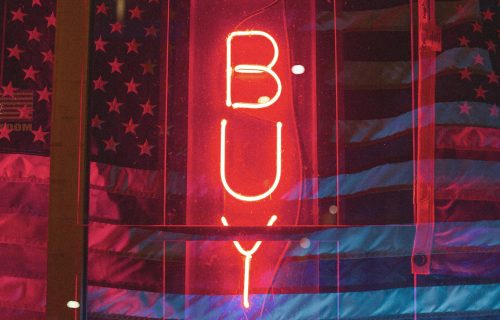
Andrew Ling / Unsplash
The advertisers have converted even the Christians. Casinos dot our national landscape as if gambling is a new career choice for the greedy. There are more than 1,000 casinos scattered across the nation. They will soon be as ubiquitous as McDonald’s. As we engage in more and more luxury and seek to accumulate more and more stuff, the advertising clergy call us to the altar of Mammon in untold verses of the same invitation: buy more in order to be a better person. The advertising preachers, stealing the language of Christianity, tell us they are providing love and not a product. Look at the slick advertising campaign of Subaru. “It takes love to make a Subaru.” The web page for the car company contains a “Love Promise.” It sounds more like a church than many Christian churches.
The advertising clergy, skilled in slogans that serve as litanies, prayers, promises, and comfort, offer an array of religious themes to mask the deadliness of greed. The religious language has enabled the idolatry to go down easy. Almost no one notices that we trust in money more than God.
As Cornell West says, “In short, the dangerous dogma of free-market fundamentalism turns our attention away from schools to prisons, from workers’ conditions to profit margins, from health clinics to high-tech facial surgeries, from health care for all to cosmetic surgeries for the wealthy, from civic associations to pornographic internet sites, from children’s care to strip clubs, from churches to casinos. The fundamentalism of the market puts a premium on the activities of buying and selling, consuming and taking, promoting and advertising, and devalues community, compassionate charity, and improvement of the general quality of life.”
The American obsession with wealth, health, and security are linked to modern America’s discomfort with and fear of death, which becomes an “ideology for a culture of death.” Apocalypse Man: The Death Drive and the Rhetoric of White Masculine Victimhood tells the story of white masculine victimhood and its compulsion toward death and self-destruction. Here is the notion that white men should be perceived as victims of contemporary sociopolitical systems.
To hear men’s rights advocates tell it, they have been disenfranchised by a social order that strips economic and political power from white men in order to empower women and minorities. Even modest demands for equality trigger fear and anger from white males. A life of privilege becomes skewered by negative emotion when threat is imagined. They insist they have been left out of all the social justice movements, and there is no rights movement for them.
This church of Mammon offers, in the end, a culture of death. According to Augustine in his City of God, the Roman wealthy indulged in luxury, pleasure, and entertainment to distract them from death. While the sponsors, my friend, will sell you all they can, no amount of possessions will hide the reality that a faith that promotes greed attempts to avoid the reality of death. The story of the rich farmer planning to build bigger barns while eating, drinking, and being merry has become the American Gospel, the judgment of God still waits at the end. Those who worship in the House of Mammon live in fear of the loss of wealth, status, and security, but this can never be admitted.
Maybe some folks need a new church with better long term investments.
Rodney Kennedy has his M.Div. from New Orleans Theological Seminary and his Ph.D. in Rhetoric from Louisiana State University. The pastor of 7 Southern Baptist churches over the course of 20 years, he pastored the First Baptist Church of Dayton, Ohio – which is an American Baptist Church – for 13 years. He is currently professor of homiletics at Palmer Theological Seminary, and interim pastor of Emmanuel Friedens Federated Church, Schenectady, New York. His sixth book – The Immaculate Mistake: How Evangelicals Gave Birth to Donald Trump – is now out from Wipf and Stock (Cascades).

